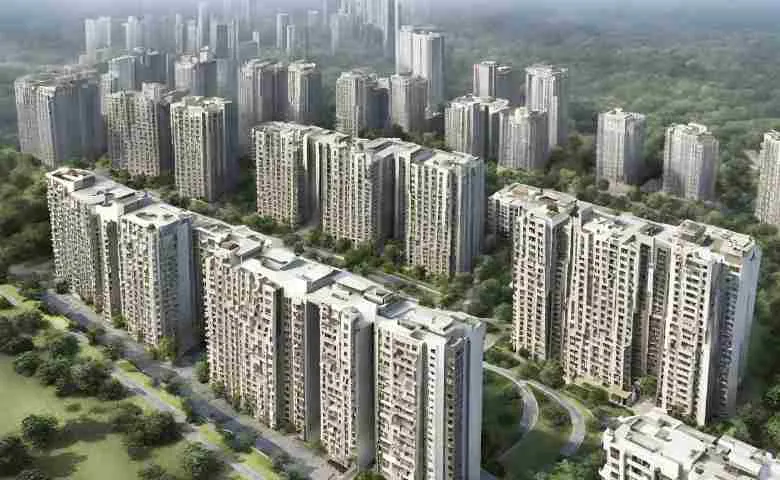Last Updated on October 11, 2023 by Admin
In the third quarter of 2023, India’s real estate sector witnessed a significant resurgence, marking a six-year high in housing demand. According to a report by Knight Frank India, the leading eight residential markets in the country observed a 12% year-on-year growth, with sales hitting 82,612 residential units between July and September 2023.
ConstructionCareerHub App is LIVE — built ONLY for construction careers. Don’t apply with a weak resume.
Get ATS-ready Resume Lab + Interview Copilot + Campus Placement Prep (resume screening, skill gaps, interview readiness) — in minutes & Other advanced features.
Explore Smarter Construction Career Tools →Quick check. Big impact. Start now.
Despite the Reserve Bank of India escalating interest rates by 250 basis points since May 2022 to curb inflation, the property market remains robust. The pent-up demand post-pandemic, coupled with rising consumer confidence, has propelled homebuyers to overlook the concerns of escalating interest rates.
This unwavering demand in real estate is not only confined to metropolitan areas. Still, it has also reached smaller cities, thanks to the spillover effects of higher rents and sales values in big cities.
Several factors are fueling this real estate boom. Urbanization is a major driver, with a considerable portion of the population migrating to urban centers for better employment opportunities and living standards.
Realted Posts:
- Real Estate Industry: Career and Job Outlook [2023 Career Guide]
- Revolutionizing theory in Real Estate industry: Blockchain Technology
- Types of Real Estate Business in India and How they Operate?
- How to Land A Job as A Real Estate Contractor
- What are Real Estate Companies and How do they Work?
The burgeoning middle class, now with better financial capacity, is fostering a higher demand for housing, especially in the low to moderate price segments. The government’s substantial investment in infrastructure development is making city living more accessible and appealing, thus further stimulating real estate demand. Foreign investments are also pouring into the Indian real estate market, buoyed by the nation’s steady economic growth, rising disposable incomes, and a favorable investment environment.
Check this out: Pathways to Property: Starting Your Career in Real Estate
The government has introduced various incentives like tax reductions and subsidies for homebuyers to bolster the market. Furthermore, the concept of integrated living, where residential complexes offer many amenities, is gaining traction among homebuyers, fueling the demand for township living. Lastly, the real estate market is emerging as a lucrative investment avenue, with a notable increase in second-home purchases observed in 2021.
The upward trajectory of real estate demand in India reflects a larger narrative of economic revival and changing consumer preferences in the post-pandemic era. With projections indicating that real estate sales in India could reach $1 trillion by 2030, contributing to 13% of the GDP by 2025, the horizon looks promising for real estate players in India.
Realted Posts:
- Unlocking the Real Estate Puzzle: A Comprehensive Guide to Types of Plots and Housing in India
- The Impacts of Inflation on Real Estate Industry
- Real Estate Private Equity: Opportunities, Risks, and Investment Strategies
- Top Benefits of Hiring a Virtual Assistant for your Real Estate Business
- How Real Estate Agents Get Leads?
- 10 Top Real Estate Companies in India [2023 Updated List]
- Real Estate as an Investment: What You Need to Know
- Realtors: How to Get Started in Real Estate
- What is a Real Estate Investment Trust (REIT)?


